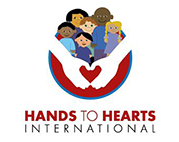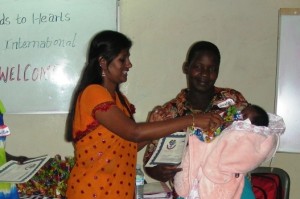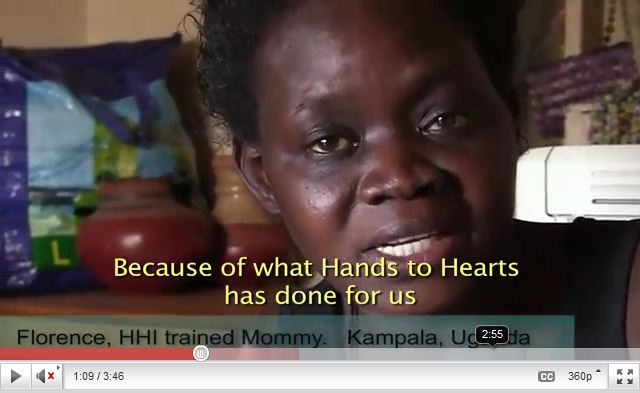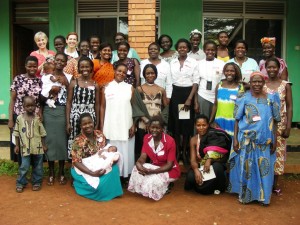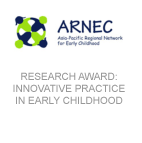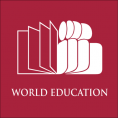A three-part series highlighting different perspectives of women involved with Hands to Hearts International.
Part 3: Ugandan community leaders Florence Okun and Norah Awio use the skills they learned during the HHI training when caring for their own families.
By Laura Barker
“To be a child in Uganda is not easy,” explains Norah Awio. Especially in the north, where decades of war have forced millions of people into refugee camps, being a child means having to endure countless hardships. Because “children. . . have no right to speak,” sexual and physical abuse is common. They work hard fetching water, collecting firewood, digging, and selling agricultural products. Their families often lack the funds or proper clothing to send them to school. In a place where “child labour is the order of growing up,” the education and training provided to parents and caretakers alike through Hands to Hearts is refreshing and widely welcomed.
Norah, 36, and her husband live with their five children and several more dependents in a modest one-room home in Kampala, Uganda. She works six days a week as a legal officer for the Locan Rebe Women’s Group, resting only on Sundays, when she attends church and catches up on housework. As a leader in her community, Norah works to mobilize women and tries to promote HHI training. It’s a difficult task, as many Ugandans are skeptical of help from outsiders, assuming it will cost them money to participate in their programs. But Norah knows firsthand the positive effects of HHI’s services and works to recruit more women whom she knows will also benefit. Although these women might initially be wary, once they attend the training, they too sing HHI’s praises. Some women can’t stop talking about it and soon begin to recommend HHI to their own friends and family members.
Florence Okun is another community leader and past participant of the HHI trainings. Her grown son is now studying at Makerere University in Kampala, but she continues to care for many people in her house: her brother, her mother who is paralyzed, and 8 other children that she has taken in. Some are orphans and others are the children of family members who are unable to care for them. “I decided to take some of these orphans because their parents are extremely poor and single mothers,” she says. “Secondly, I have a kind heart and. . . only one son.” Florence, 42, is also a member of Locan Rebe, a group formed by internally displaced women from northern Uganda “as a result of war and poor living conditions.” She is the Local Council 1 for her zone, a low-level government position responsible for general cleanliness in the area. In addition, she owns and manages a small hotel in the city.
Florence HHI’s new video – Share this YouTube with your Friends!
Like Norah, Florence is very appreciative of the early childhood development education she received through HHI and says she acts differently with her family because of it. She spends more time with her children, who are now more likely to tell her stories and bring their friends home. She learned that children develop all their senses as they grow and that they “require love, close attention, and encouragement by [the] parent.”
Norah, too, has learned to make more time for her children. “I used [to] think that giving children food was enough for them,” she says, “but during HHI trainings I learned that having time for your child [is] very important. . . and you become not only a parent to that child but also a close friend.” Because her work is exhausting, she never felt she had enough time to give to her children. But now she says she carries the younger ones around “with love” and chats with the older ones about how they feel and what is on their minds.
In addition to changing the ways in which they respond to their children, both Norah and Florence emphasized the positive change HHI has brought to their community as a whole. The women have become closer through discussions about the best childrearing practices. Being involved with Hands to Hearts, they said, has “restored their relationships.” “HHI brought oneness in our community,” says Norah. Florence agrees, concluding that “the level of love has increased.” In a country where the atrocities of war have touched the lives of every citizen, this is indeed a powerful statement.
~Unknown
